Voter Fraud is Real
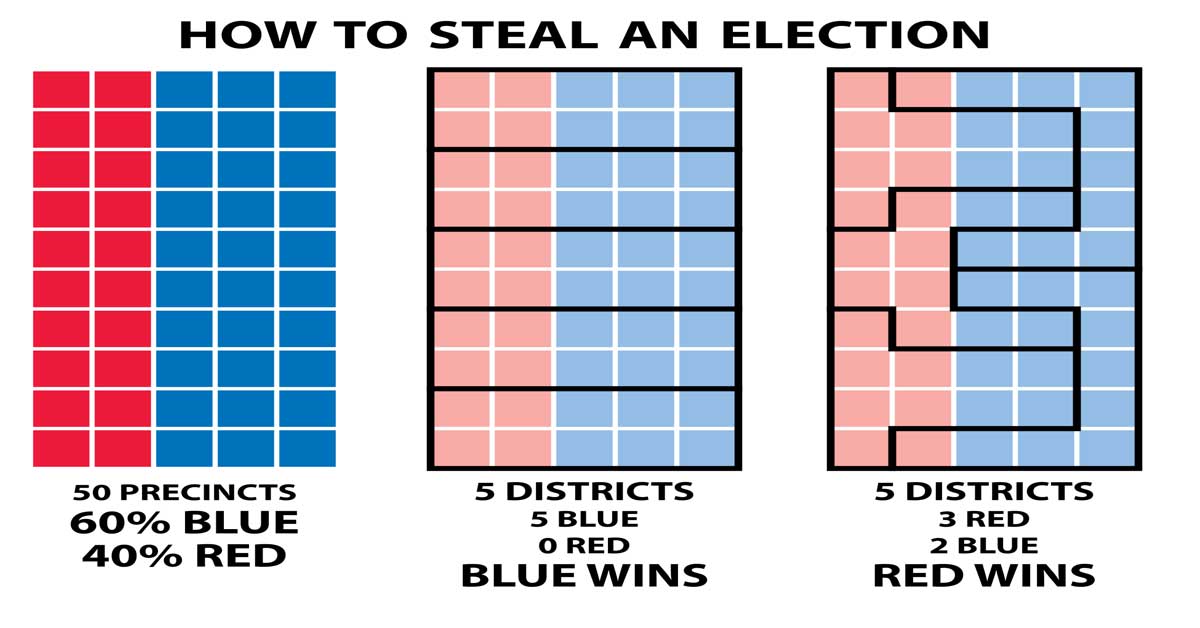
Voter fraud is real and so is voter suppression. However, widespread voter fraud is very unlikely to occur, and convicted voter fraud in the United States is very uncommon.
Political Science is the science of politics, or the science of the nation-state. It is the art of diplomacy, the study of ideas, ideologies, and influence, the science of strategy, economics, and rhetoric, and more. Perhaps political science is best summed up by Aristotle in his discussing of man’s role in creating the ideal nation-city-state:
“Political science aims at what is the highest of all goods achievable by action…. though it is worth while to attain the end [AKA happiness/arete/”the greatest good”/”the highest good”] merely for one man, it is finer and more godlike to attain it for a nation or for city-states. These, then, are the ends at which our inquiry aims, since it is political science, in one sense of that term.” – Aristotle on the meaning of life, virtue, morals, ethics, and the city-state, Nicomachean Ethics 350 BC

Voter fraud is real and so is voter suppression. However, widespread voter fraud is very unlikely to occur, and convicted voter fraud in the United States is very uncommon.
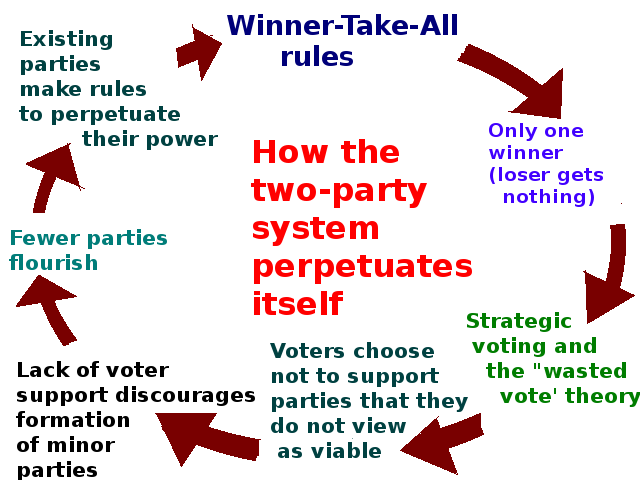
We explain political duopolies by looking at the political duopoly in the United States of America and other historic duopolies.

In modern history political factions have often been represented by a color, we look at political color to understand color politics.

About half of American families pay little to no federal income tax after tax credits and deductions. Payroll taxes, excise taxes, and sales taxes hit the average American family the hardest.
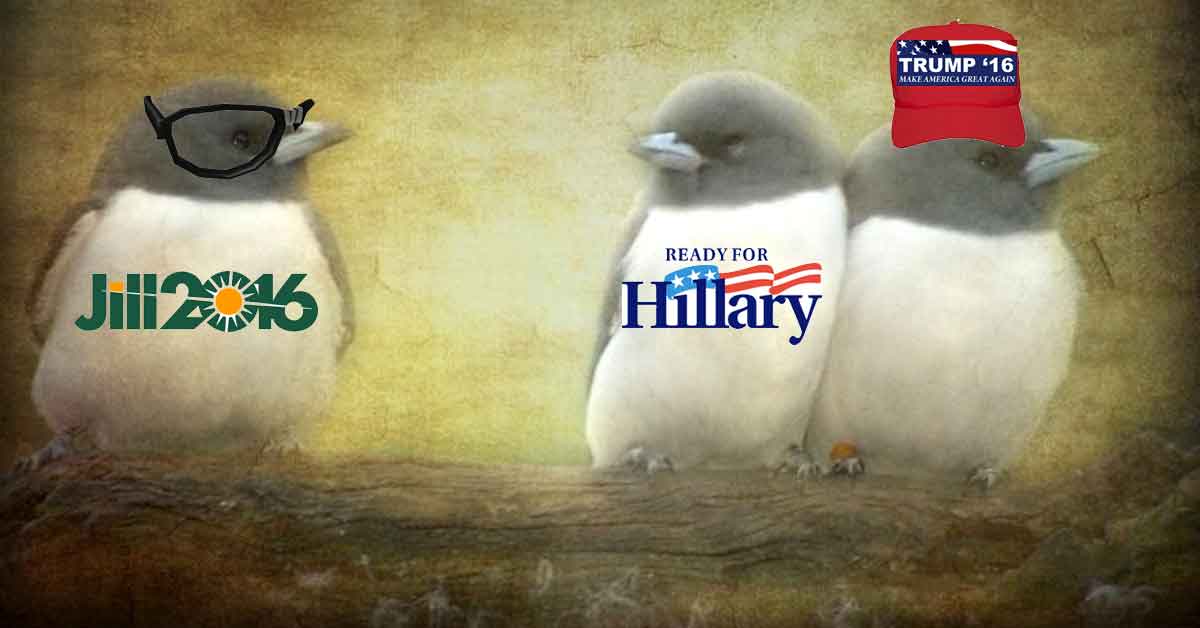
Third Parties can win elections, but they rarely do. This is because the United States of America has a two-party system in practice.

Despite two parties dominating politics due to a majority being needed to win elections, the United States doesn’t officially have a two-party system. Parties aren’t even mentioned in the Constitution.

We explain neoliberalism, globalization, nativism, and protectionism and the pros and cons of “neoliberal globalization” and “nativist protectionism.”
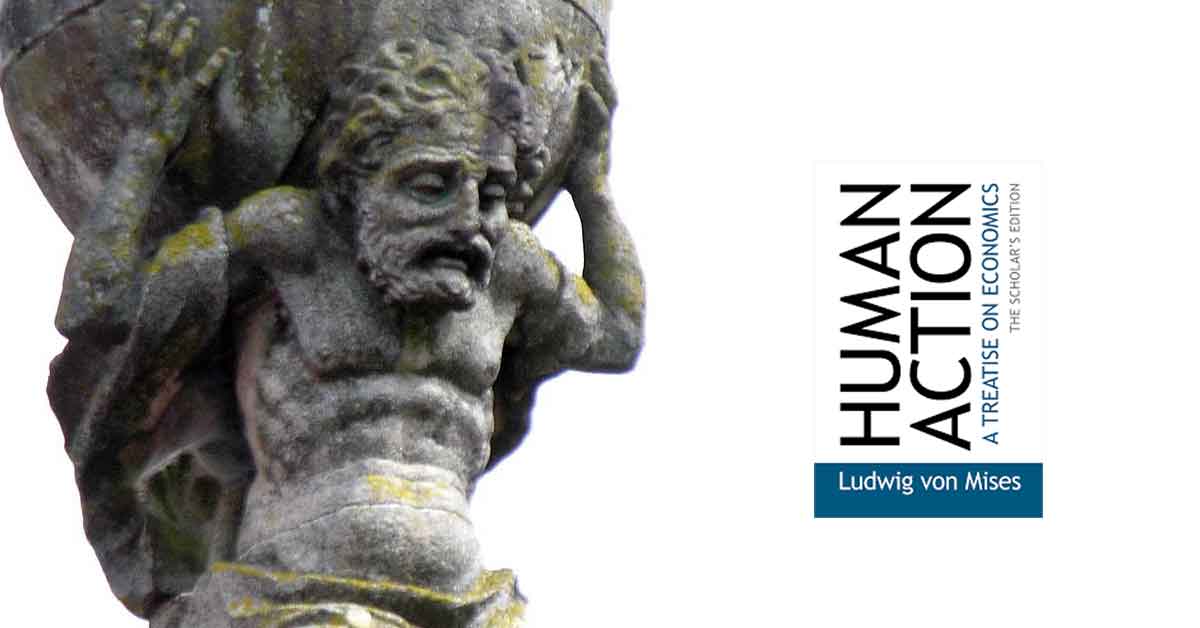
As Mises said, “all action is human action”. In other words, although we form groups that can indirectly act through consensus, groups themselves aren’t physical entities (and thus they can’t act directly).

Eugenics (including positive eugenics which breeds traits, and negative eugenics which prevents breeding) has been practiced since the Greeks, but rose to popularity in the west starting in the late 1800’s.
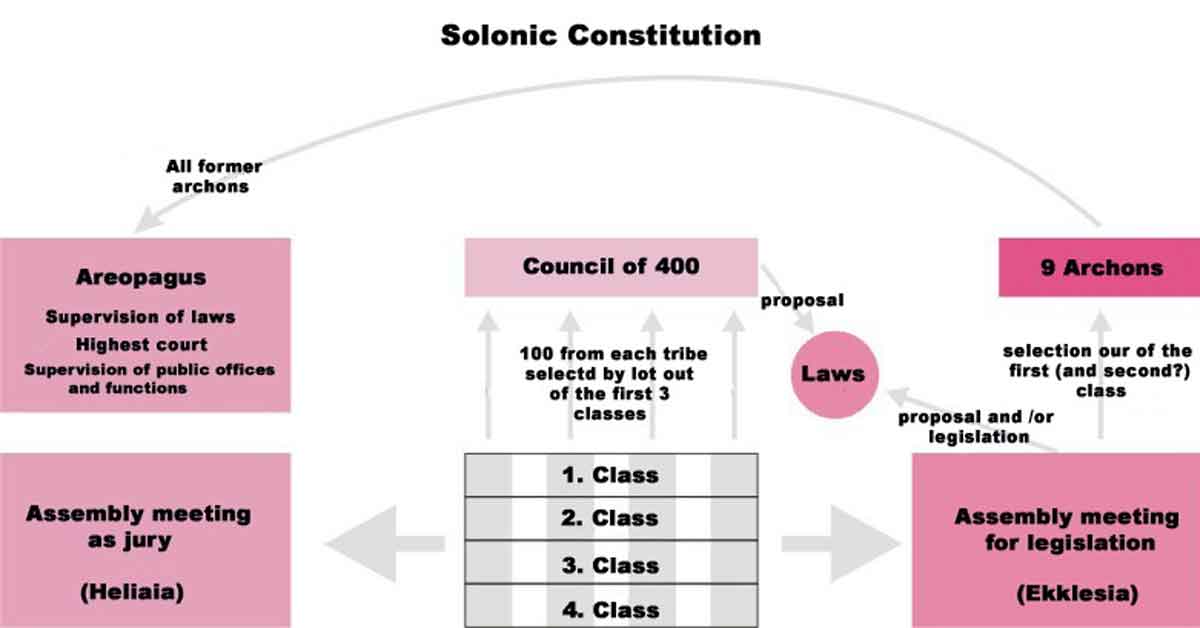
Classical Athens had a type of Direct Democracy that included direct voting on laws and election by lottery, but participation was limited to adult male citizens who owned land.